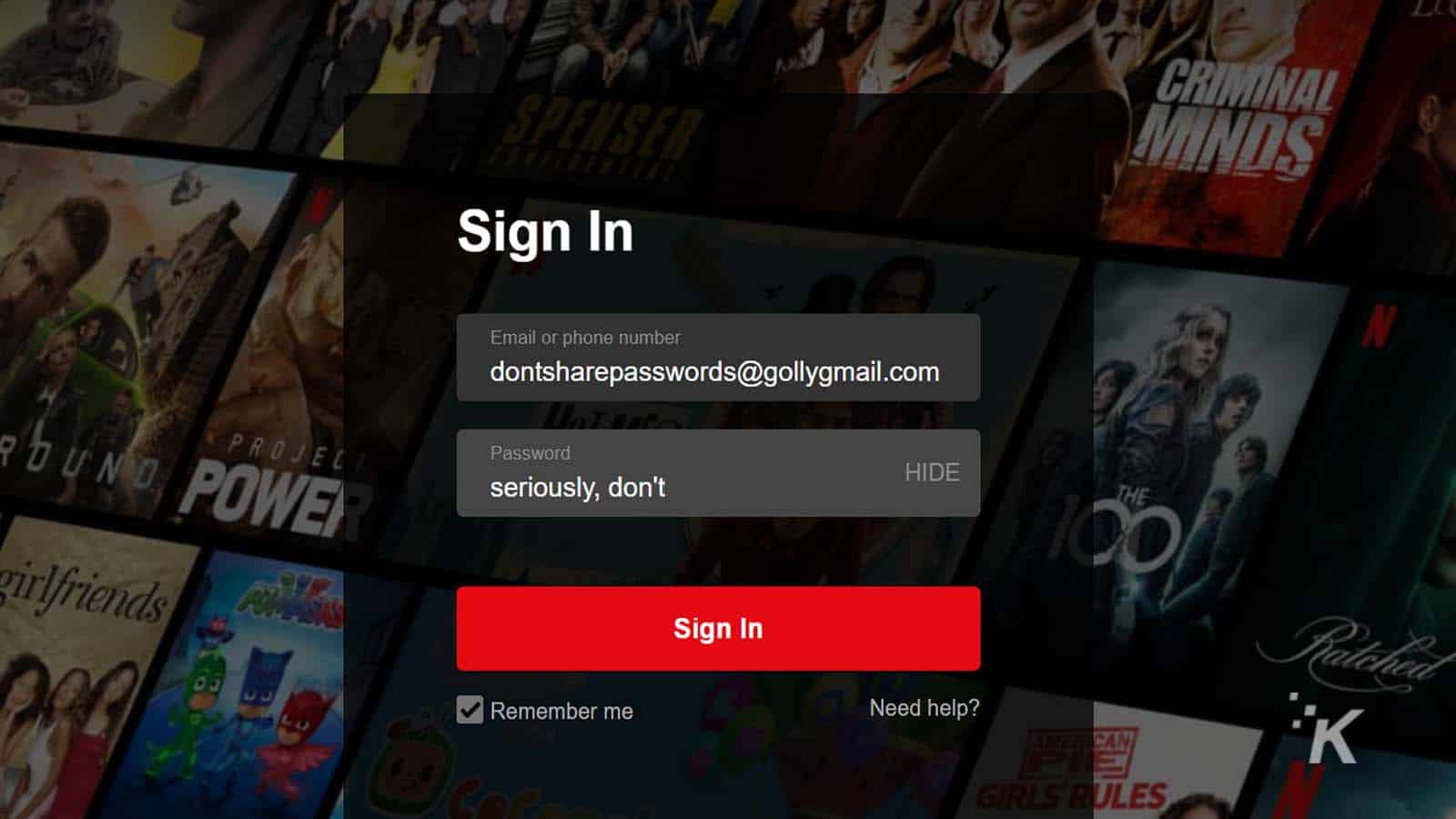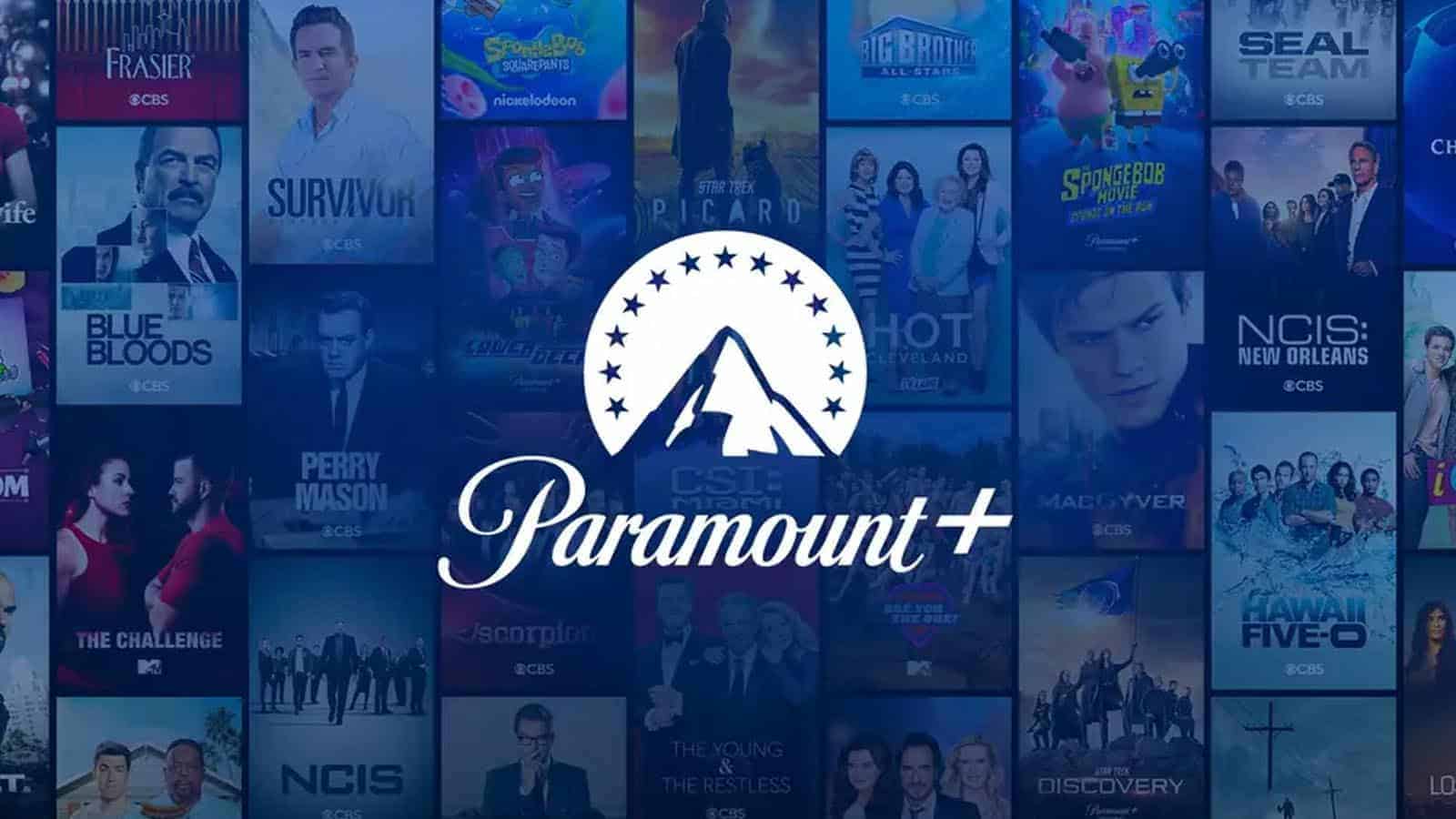Entertainment
Max to implement password-sharing crackdown later this year
Warner Bros. Discovery is implementing a password-sharing crackdown on its Max service by the end of 2024.

Just a heads up, if you buy something through our links, we may get a small share of the sale. It’s one of the ways we keep the lights on here. Click here for more.
If you’re the lucky recipient of someone else’s Max (formerly HBO Max) password, be prepared to pay for the privilege of streaming its blockbuster TV shows and films later this year.
According to a report published by Bloomberg this week, Warner Bros Discovery (WBD) is set to join its peers by implementing a password-sharing crackdown that will boot freeloaders from its flagship Max service by the end of 2024.
The move is intended to help WBD generate more revenue from streamers who watch hit HBO series and other content from the Warner Bros. film and TV library. It comes amid a broader industry push to prevent password sharing, with the hope that freeloaders will eventually pay for their own accounts.
Other services like Netflix and Disney+ have implemented similar measures over the past few years, with test runs overseas before each streaming service brought its password-sharing crackdown stateside.

What’s the problem with password sharing?
Historically, most streaming services have turned a blind eye to freeloaders using their service.
Some media executives even embraced it as a way for an upstart service to get exposed to new customers, with the hope that freeloaders would eventually convert into paying subscribers.
Perhaps no one embraced this more than Netflix: The company’s founder and former CEO Reed Hastings once called password sharing a “positive thing” and encouraged his fellow media executives to “learn to live with” the practice.
Netflix itself even tweeted that “love is sharing a password,” and the consensus among streamers seemed to be that if Netflix is okay with sharing credentials, other streaming services must be okay with it, too.

The industry focuses on Netflix for a lot of reasons, chief among them that it is the largest streaming service in the world when it comes to the number of people willing to pay for it.
So, when Netflix says it’s going to do something, the rest of the media industry watches to see how things will shake out.
In the case of password-sharing, Netflix executives knew that a long-term trend of freeloaders on its service could cut into revenue — which is a problem for a company committed to spending tens of billions of dollars producing original content.
Rather than boot customers off its service, Netflix took a two-pronged approach: First, it would launch a plan that includes short advertisement breaks, one that is priced substantially lower than its commercial-free tiers.
Once the plan was activated, it would address the problem of freeloaders in two ways: By giving paying customers the option to pay a little more for the privilege of sharing their password or by encouraging freeloaders to sign up for their own paying account.
The thinking was that cost-conscious freeloaders addicted to Netflix might take up the streamer’s offer of a lower-priced, ad-supported plan. So far, that strategy seems to be working. As of last count, Netflix has over 260 million paying subscribers worldwide.
The company added 13 million subscribers during the last three months of 2023, many of whom joined in regions where Netflix implemented its password-sharing crackdown and released the ad-supported version of its service.
Netflix’s password-sharing crackdown has been deemed a success, and other companies are following suit.

How do streaming companies detect password sharing?
Another reason it took streaming companies so long to crack down on password sharing is that the technology to catch freeloaders was mostly imperfect.
Trying to figure out if a customer is traveling or allowing someone to use their password can be difficult without software and algorithms that can determine whether a person is an account holder or borrowing a password.
However, over the past few years, a number of companies have sprung up offering to help streaming media services catch password-sharers and freeloaders in the act. Some larger media companies have even developed their own technology that achieves the same results.
The technology varies from provider, but most streaming media companies examine things like the IP address and the type of devices a customer primarily uses to stream content.
Services that allow multiple profiles on a single account also examine whether certain profiles are accessing their content from devices connected to the Internet beyond what appears to be a customer’s home area.
Other services use geolocation and billing information to determine a customer’s home address or send authentication codes by email to check whether a person is logging on with another customer’s account credentials.
It isn’t known which security measures WBD plans to use with Max when it cracks down on password sharing, but it will probably be some combination of the above.

Which streaming services still allow password sharing?
Password-sharing is a gray area. Most streaming video services warn customers that their account is intended for their personal use only and can only be used at a single address.
However, whether those platforms implement the technology to enforce those terms can be another story.
There are a few streaming services that don’t actively monitor for password sharing, though that could change in the future. The services that lower the barrier for password sharing include:
- Paramount Plus with Showtime: The service allows an account holder to create up to six profiles and encourages customers to share their passwords only within their immediate household. However, they currently do not have any technology in place that prevents password sharing beyond a home address.
- Peacock: The Comcast-owned streaming service that offers access to NBC and Universal content doesn’t have many technological barriers to prevent password sharing between users.
- Starz: Like Paramount Plus and Peacock, Starz doesn’t actively enforce its password-sharing restrictions with technology or other hard barriers. Streamers can share their credentials with others and even create separate profiles to keep everyone’s watch lists separate.
- Apple TV+: Access to
Apple TV + is tied to a person’s Apple ID, which serves as a sort of soft barrier to password sharing since giving someone your Apple ID and password could allow them to do a ton of other things involving your Apple iPhone, iPad, Mac or other Apple devices. Still, there isn’t anything limiting a person from sharing their Apple ID and password with another person just to watchApple TV + content, though navigating through the hurdles of inputting codes and two-factor authentication can be enough to discourage some people from doing this. - Prime Video: Just like with
Apple TV +, there isn’t anything limiting a person from sharing their Prime Video credentials with another — but doing so requires sharing the same credentials tied to an Amazon account. Amazon customers can get around these issues if they have direct access to a TV or other device with Prime Video on it — logging in once will allow another person to enjoy the same benefits of Prime Video without the headache of wondering if the freeloader will also spend big on the Amazon store using that username and password.

What if I don’t want to pay for a streaming service?
Look, I get it — streaming services keep raising prices, and not everyone wants to pay for four or five different services just to watch one or two shows or movies.
The good news is, there are a number of totally free streaming services that offer thousands of movies and TV series without a credit card or, in most cases, a username or password.
Some of those services include:
- Tubi: Owned by Fox, Tubi offers hundreds of movies and TV shows from major film studios like Lionsgate, Warner Bros., A24 Films, and others. It also offers dozens of live channels with local and national news, sports content, movies, reality shows, and TV reruns.
- Freevee: The Amazon-owned service offers some Prime Video originals with advertisements, along with a curated selection of retro TV series, blockbuster films, news, reality programming, sports, and other content. Freevee is available on most streaming TV platforms.
- Pluto TV: Probably one of the best-known free streaming TV and movie platforms on the Internet, Pluto TV includes dozens of “live” TV channels resembling cable TV and a robust video-on-demand catalog with hundreds of titles. Paramount owns Pluto TV, and the content library skews heavily toward CBS and Paramount titles.
- YouTube: You might be surprised to know that the biggest video streaming platform on the Internet has a dedicated section for totally free movies and TV shows — and it’s entirely legit. All movies and TV shows stream with ads, though you can remove them by subscribing to YouTube Premium.
- Your local library: Most libraries subscribe to services like Hoopla and Kanopy, allowing streamers to “check out” film and TV titles for several weeks.
Do you plan to stay on with Max knowing that a password crackdown is coming? Share your thoughts in the comment section below.
Editors’ Recommendations:
- Apple will allow rival app stores in EU; game-streaming apps globally
- Netflix will no longer let subscribers pay via Apple iTunes
- Max becomes the first to offer NBA All-Star Game in Dolby Vision
- Netflix signs $5 billion streaming deal for WWE Raw
Just a heads up, if you buy something through our links, we may get a small share of the sale. It’s one of the ways we keep the lights on here. Click here for more.




























